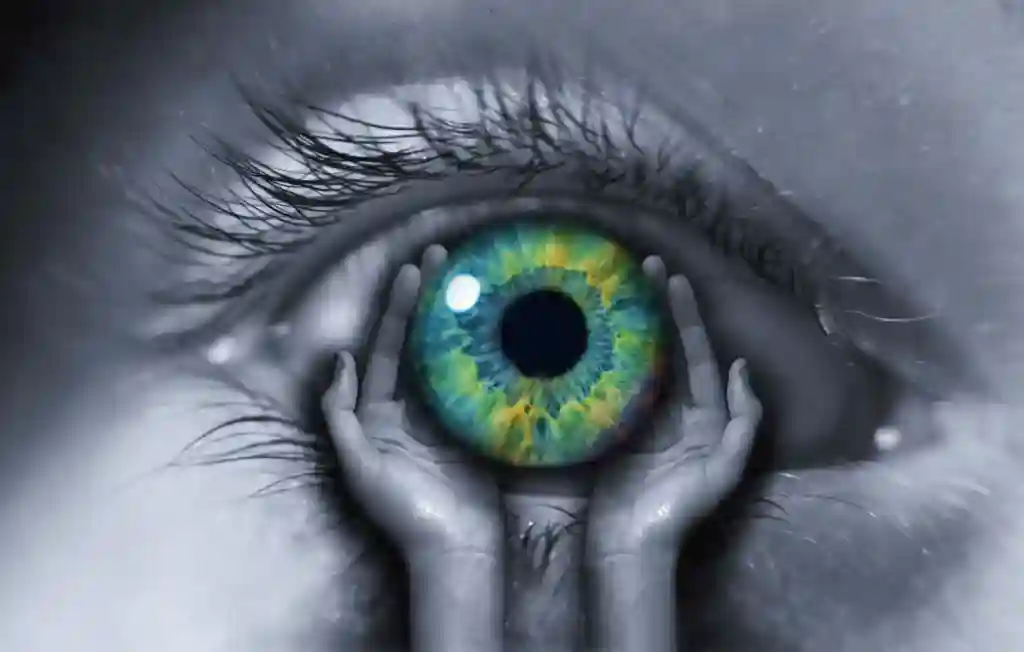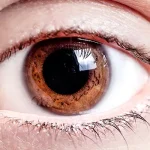Blindness, the most severe form of visual impairment, reduces people’s ability to perform everyday tasks and affects their quality of life.Have a look at these 10 things about blindness which you should be aware of.
- Did you know? about 2,850 lakhs people are visually impaired worldwide out of which 390 lakhs are blind and 2,460 lakhs have low vision.
- About 90% of the world’s visually impaired people live in developing countries such as India, Bangladesh, Nepal etc.
- A child’s visual system begins to develop in the womb but is not fully formed until about 2 years of age. Issues of blindness can develop at infant stage as well.
- Legal blindness is a level of visual impairment that has been defined by law either to limit allowed activities (such as driving) for safety reasons or to determine eligibility for government-funded disability benefits in the form of educational, service, or monetary assistance.
- In legal blindness, there is a reduction of vision to 10 percent of normal. Either the visual field (area of vision) is less than 20 degrees (extreme tunnel vision), or visual acuity (sharpness of vision) is 20/200 or worse in the better-seeing eye with corrective lenses.
- There are different degrees of blindness. Someone can be legally blind but still see colors, shapes and varying degrees of light. In fact, only about 10-15 percent of people who are blind see nothing at all.
- People who are blind are just as likely as anyone else to experience vivid dreams while sleeping. The difference is that their dreams are dominated by sounds, smells and tastes and more nightmares. Their sleep gets interrupted by fears of being hit by passing traffic, falling on the ground, being followed etc.
- As many as 70 percent of people who are blind experience non-24-hour sleep-wake disorder – a condition where a person’s biological clock is out of alignment with conventional sleep schedules, causing insomnia at night or the urge to sleep during the day. Instead of sleeping at roughly the same time every day, someone with this disorder will typically find their sleep time gradually delaying by minutes to hours every day.
- In the case of complete blindness, it requires more efforts to learn certain skills to thrive in life like learning to read Braille, organizing your home so you can find things easily, folding money in distinct ways to distinguish bill amount, installing handrails in your bathroom are few to mention.
- Up to 80% of blindness is curable or preventable, provided we pay attention to symptoms before it’s too late. To detect eye diseases and help prevent vision loss, get regular eye examinations. If you’re diagnosed with certain eye conditions, such as glaucoma, treatment with medication can help prevent blindness.





